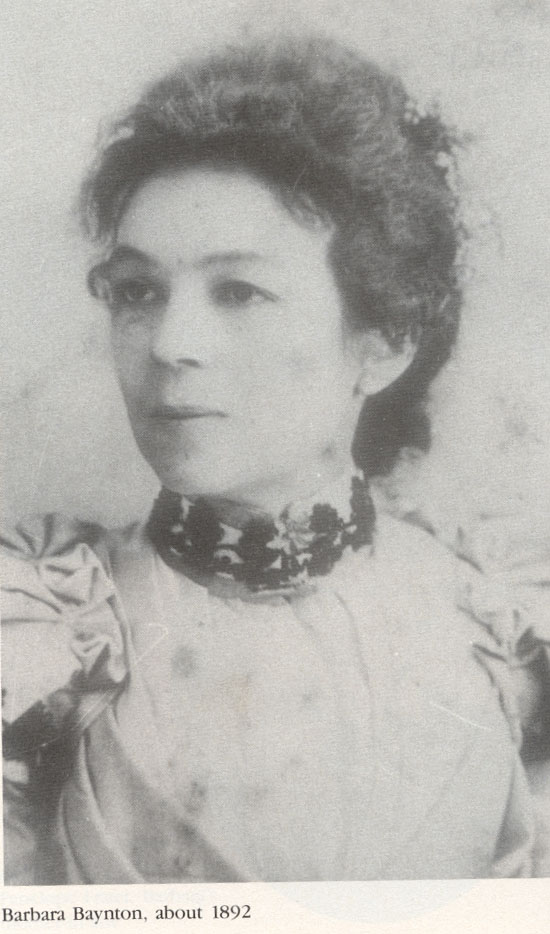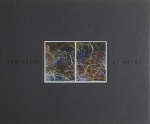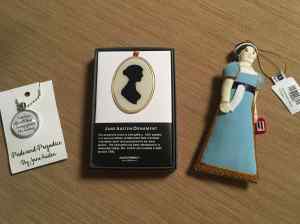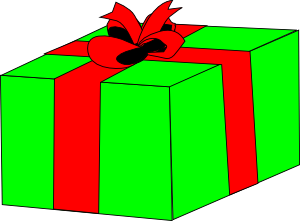It’s Christmas Day, so the the question was, do I do a Monday Musings post or not? Will anyone be looking at blogs. If you take part in this holiday season, I hope you are enjoying it in the way you most enjoy – with family, on your own, at the beach or in front of a fire, around a table or with plates on your laps somewhere comfortable. And, if it’s not a holiday season for you, well, then, you just might appreciate things continuing as normal.
But then, the next question was, what to post, because it needed, I felt to be something non-demanding. So, how about a couple of little recaps.
Recap 1: Top Ten Monday Musings posts
I started posting Monday Musings in August 2010, and since then have written 674 of them, making this one no. 675. I love writing them, though at times I leave it a bit late, and they end up being more rushed than I’d like. I can’t promise this will improve as life just seems to keep being busy, but I hope that even the ones that aren’t as comprehensive as I’d like offer some readers something to think about to look into further.
Now, though, I’m sharing the ten posts that have had the most all-time hits. Most of them are older posts – over half are ten plus years old – which is not surprising, I guess. However, in a sense I am surprised to find how many older posts still have a life. I wouldn’t necessarily call these Top Ten my best Monday Musings, and some feel dated to me now, but they are still attracting some attention. Here they are, with their all-time ranking (out of all my posts), and the year they were posted):
- The lost child motif (50th, 2011)
- Australian Gothic (19th century) (62nd, 2011)
- White writers on indigenous Australians (69th, 2014)
- The gum tree in the Australian imagination (84th, 2010)
- Australian Christmas imagery (85th, 2010)
- Unpublished manuscript awards (86th, 2014)
- Novels set in Sydney (87th, 2015)
- Books banned in Australia (102nd, 2019)
- Literary hoaxes and identity scandals (104th, 2012)
- The little Aussie battler (122nd, 2013)
Recap 2: Australian Women Writers Challenge
Over the past decade or so, I have devoted my last Monday Musings of the year to the Australian Women Writers Challenge, largely because it was an actual challenge, so I would report on what I had read and on the challenge’s overall stats for that year. However, in January 2022, it changed from being a challenge to a blog/website devoted to promoting often under-recognised or overlooked women writers, from the 19th- and 20th-centuries. We want to bring them back to wider notice.
As in 2022, we continued this year to post twice a week: articles or reviews on Wednesdays, and actual writings by women, related where possible to the previous Wednesday’s post, on Fridays. While our change in focus resulted in a drop in stats (that is, in visits to the site) last year, they picked up this year, increasing by nearly 30%. I put this down to the hard work put in by Bill (The Australian Legend), our commissioning editor and writer of monthly posts, and to Challenge founder Elizabeth Lhuede, who prepares all the Friday posts, as well as doing her monthly post. We welcomed a fourth member to our team this year, Stacey Roberts (allforbiblichor), who is doing a PhD in Australian literature. It has been good having another head take part in our discussions and decisionmaking, and she wrote two fascinating posts on female domestic service in colonial women’s fiction, here and here.
Our most visited 2023-published post turned out to be mine on Barbara Baynton’s short story, A dreamer. I don’t take great credit for this, however, because I believe its popularity is due to the story being a set text.
The blog does take a lot of time, and we are currently talking about future plans. We expect to do things a little differently in 2024, but we will be continuing.
Recap 3: Books given for Christmas
This is probably not, technically, a recap, but what better day than this to share the titles of Australian books I gave as Christmas presents this year. They are not necessarily my favourites – indeed, I haven’t read them all – but were chosen to suit the recipients’ likes. (I hope I got it right.) Here they are:
- Carmel Bird, Love letter to Lola (my review)
- Rebecca Burton, Ravenous girls (my review)
- Garry Disher, Consolation
- Michael Fitzgerald, Late: A novel (Lisa’s review) (on my TBR)
- Toni Jordan, Dinner with the Schnabels
- Kim Kelly, Ladies Rest and Writing Room (my review)
- Mori Ogai, The wild goose (not Australian, but translated to English by the Australian Meredith McKinney) (on my TBR)
- Tracy Ryan, The queen’s apprenticeship (Lisa’s review) (on my TBR)
- Benjamin Stevenson, Everyone in my family is a murderer
- Ian Terry, Uninnocent landscapes (my review)
- Emma Young, The disorganisation of Celia Stone
And, here I will leave it, as I don’t want to take too much away from my annual Reading and Blogging Highlights posts which are coming soon. In the meantime, I wish all of you reading this, all the best of the season, whether you celebrate it or not. I look forward to seeing you all on the other side, whenever you raise your heads again.


 always save the receipt, the reason being that if you have chosen a book you’ve thought to be the perfect present for someone, so probably have others. Fortunately, my mother had saved the receipt for the book she gave me this Christmas, Helen Garner’s Yellow notebook, because I already have it (albeit as a review copy, not a gift.)
always save the receipt, the reason being that if you have chosen a book you’ve thought to be the perfect present for someone, so probably have others. Fortunately, my mother had saved the receipt for the book she gave me this Christmas, Helen Garner’s Yellow notebook, because I already have it (albeit as a review copy, not a gift.) choose for the recipient rather than what you think they should read! Now this, to me, is a no-brainer. Surely the aim is to give your recipient something they’ll enjoy and remember you fondly for! I’m really hoping my toddler grandson likes Pamela Allen’s Mr McGee. And I was very confident that my lexicographer-grammarian mother would like John Sutherland’s How good is your grammar. The article notes that giving books can signal your own taste, and touches on the pros and cons of this and of giving books you love. It suggests if you can’t overcome the influence of your ego when choosing books, ask the advice of a knowledgeable (often independent) bookseller! Good suggestion. This year, as in most years, I gave some books that I’ve loved – like Tim Winton’s The shepherd’s hut to Son Gums and Amanda O’Callaghan’s This taste for silence to Brother Gums’ partner – because I think the recipients will like them. But, I have also given books I haven’t read, for the same reason. Horses for courses, as they say.
choose for the recipient rather than what you think they should read! Now this, to me, is a no-brainer. Surely the aim is to give your recipient something they’ll enjoy and remember you fondly for! I’m really hoping my toddler grandson likes Pamela Allen’s Mr McGee. And I was very confident that my lexicographer-grammarian mother would like John Sutherland’s How good is your grammar. The article notes that giving books can signal your own taste, and touches on the pros and cons of this and of giving books you love. It suggests if you can’t overcome the influence of your ego when choosing books, ask the advice of a knowledgeable (often independent) bookseller! Good suggestion. This year, as in most years, I gave some books that I’ve loved – like Tim Winton’s The shepherd’s hut to Son Gums and Amanda O’Callaghan’s This taste for silence to Brother Gums’ partner – because I think the recipients will like them. But, I have also given books I haven’t read, for the same reason. Horses for courses, as they say. The
The 







